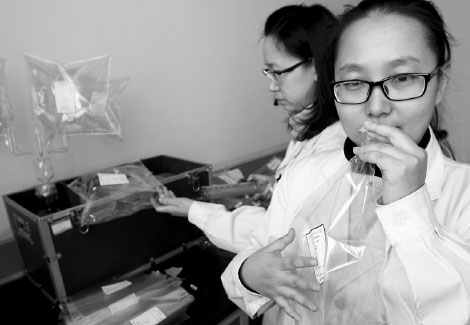Sniff patrol identifies stinky hazards
Updated: 2015-12-21 08:33
By Zheng Jinran(China Daily)
|
||||||||
Chen Yuanyuan has a talent for identifying odors collected in special bags from landfills and industrial plants.
Sniffing garbage or pollutants often brings on an unpleasant reaction, yet it's an indispensable skill for her job as an environmental monitor.
Her nose is an important link in the chain of pollution control.
|
Chen Wei (front) and Chen Yuanyuan, odor researchers at Beijing Municipal Environment Monitoring Center, conduct tests on gas on Friday. Zhang Wei / China Daily |
"It's easy to describe the job," she said. "The researcher smells the gas inside the bags, and tells you whether it's stinky or not."
Chen, 33, has been working at the Beijing Municipal Environmental Monitoring Center for around 10 years.
Her olfactory acumen provides important clues that help the watchdog and law enforcement go after polluters. Every step, from collecting to smelling, needs to be accurate, she said.
Researchers from the center collect gases discharged from polluting companies, garbage landfills, sewage treatment plants and other sources with special collecting containers every two hours from four monitoring sites.
Next, six researchers in a laboratory at the center inhale the gases at the same time, and smell three bags, one with the gas being tested and the other two with clean air. Chen designed the basic process.
"We dilute the gases at first to make them harmless, but they're always so stinky that they make us nauseous," she said.
Next to the smelling lab is a washroom in case anyone needs to vomit.
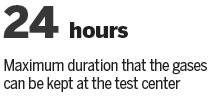
The gases can be kept for 24 hours at most, thus the sniffers need to do the tests as soon after samples are collected, no matter how late.
In 2006, the center received a complaint saying a pharmaceutical factory had illegally discharged malodorous gases. Chen and her colleagues waited until nighttime, finally collecting samples at around 1 am.
"We came to the lab and called up six researchers to conduct the smell tests at around 3 am," she said. They had given their results to the environmental watchdog.
The researchers avoid sniffing longer than three hours at a stretch to protect their sense of smell. It's part-time job for them, she said.
"Staff members in our monitoring center can do the smelling jobs after they pass a national test in this field," said Chen Wei, 33, another researcher with rich experience in smelling stinky gases.
People aged 18 to 45 years old can take the tests of such things as basic knowledge about odors and identifying a number of basic scents - for example, flower fragrances and sweat odors. If they pass, they might be chosen to join the sniff patrol, Chen Wei said.
It's different from identifying perfumes. The standards are higher and job is more pleasant, a researcher said: "What we do is important to environmental monitoring, and we're proud of that."
- 10 execs suspected of faking pollution data
- Top 10 social media events of 2015
- Life sentences for east China child traffickers
- Shenzhen leaps to top of efficiency list in 2 yrs
- Pandas prefer choosing their own sex partners, researchers find
- Tycoons exchange views on building a cyberspace community of shared future
- Iraq holds its first beauty contest in 40 years
- Libyan factions sign UN deal to form unity government
- World's refugees and displaced exceed record 60 million
- No specific, credible terror threats against US: Obama
- UN Security Council adopts resolution to cut off Islamic State funding
- California shooters' ex-neighbor charged with supporting terrorists

 Iraq holds its first beauty contest in 40 years
Iraq holds its first beauty contest in 40 years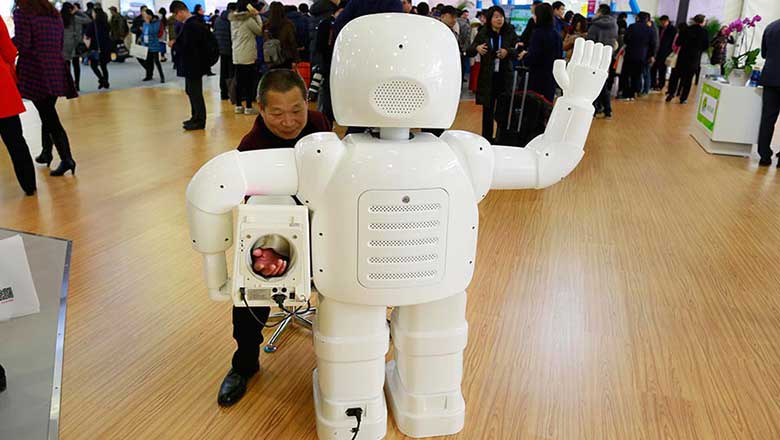
 Highlights at the Light of the Internet Expo
Highlights at the Light of the Internet Expo
 Finger Icons: Guess who's who
Finger Icons: Guess who's who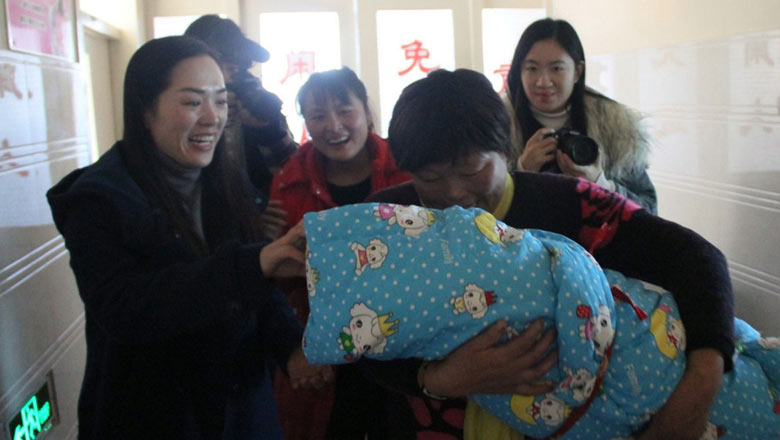
 Older mother who lost only child delivers another baby
Older mother who lost only child delivers another baby
 Top 10 most attractive FDI destinations in the world
Top 10 most attractive FDI destinations in the world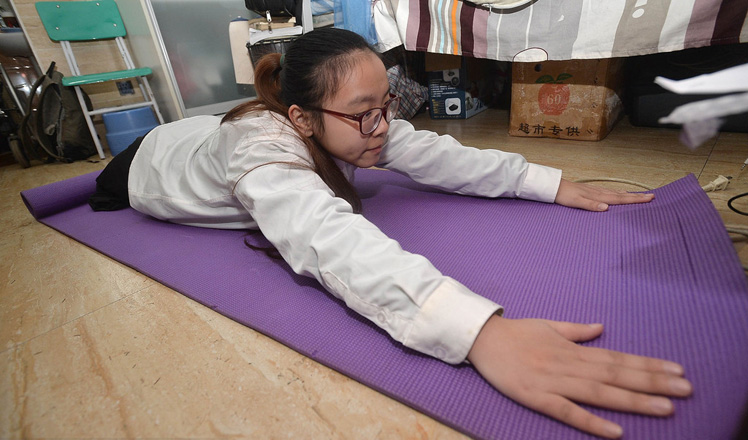
 Canadian college offers flying classes to legless girl
Canadian college offers flying classes to legless girl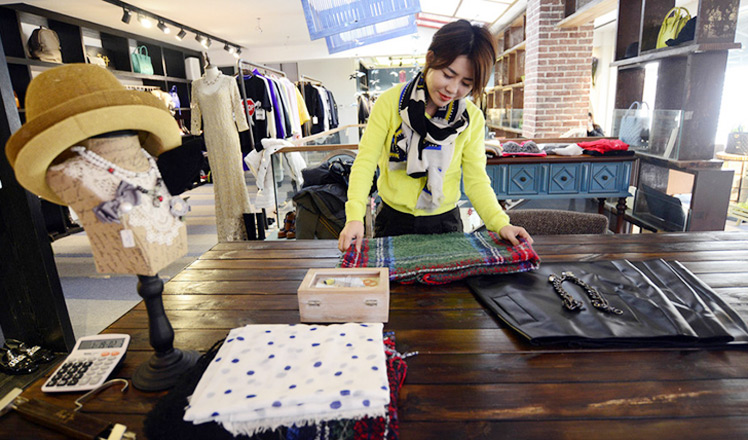
 Fashion buyer scours the world for trendy items
Fashion buyer scours the world for trendy items
 Tycoons exchange views on building a cyberspace community of shared future
Tycoons exchange views on building a cyberspace community of shared future
Most Viewed
Editor's Picks

|

|

|

|

|

|
Today's Top News
Shooting rampage at US social services agency leaves 14 dead
Chinese bargain hunters are changing the retail game
Chinese president arrives in Turkey for G20 summit
Islamic State claims responsibility for Paris attacks
Obama, Netanyahu at White House seek to mend US-Israel ties
China, not Canada, is top US trade partner
Tu first Chinese to win Nobel Prize in Medicine
Huntsman says Sino-US relationship needs common goals
US Weekly

|

|
